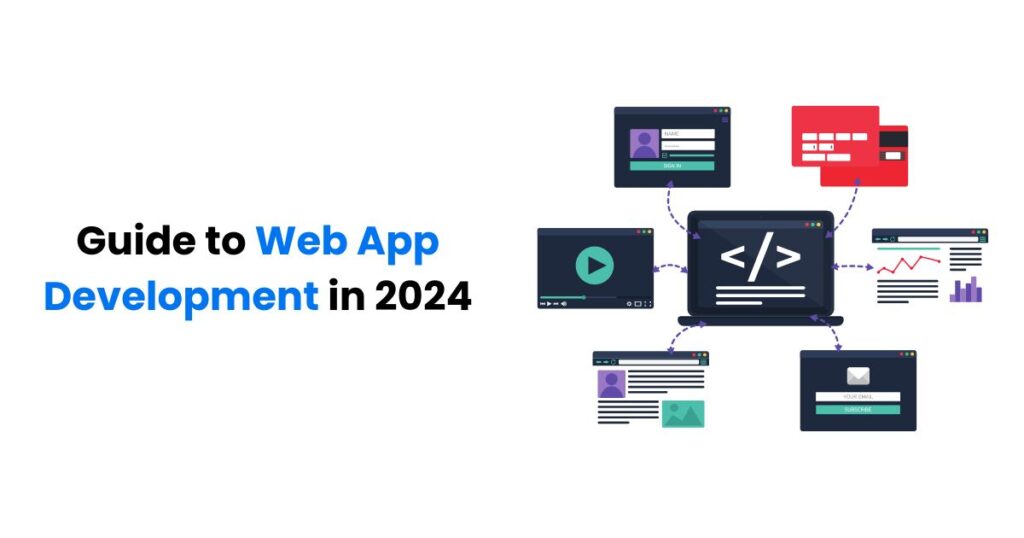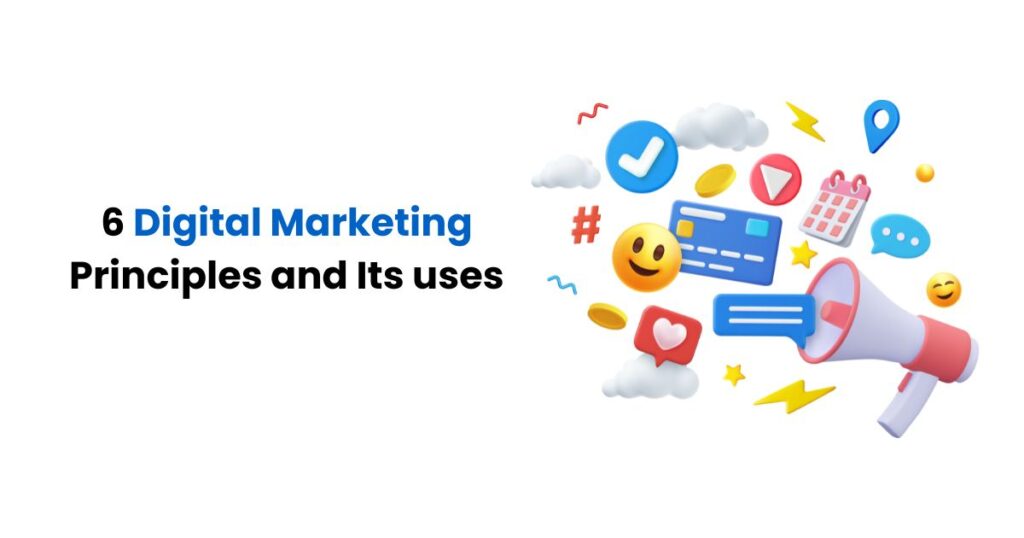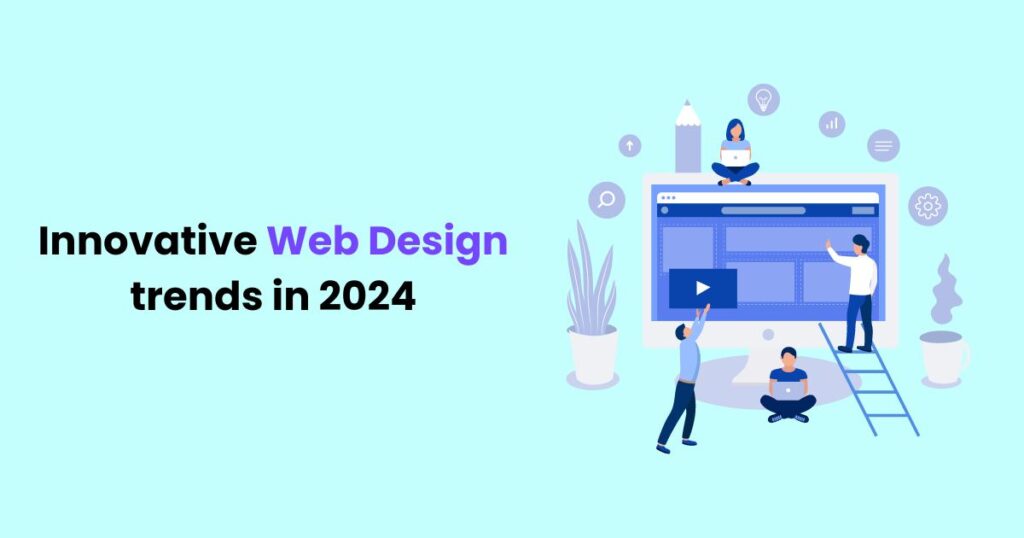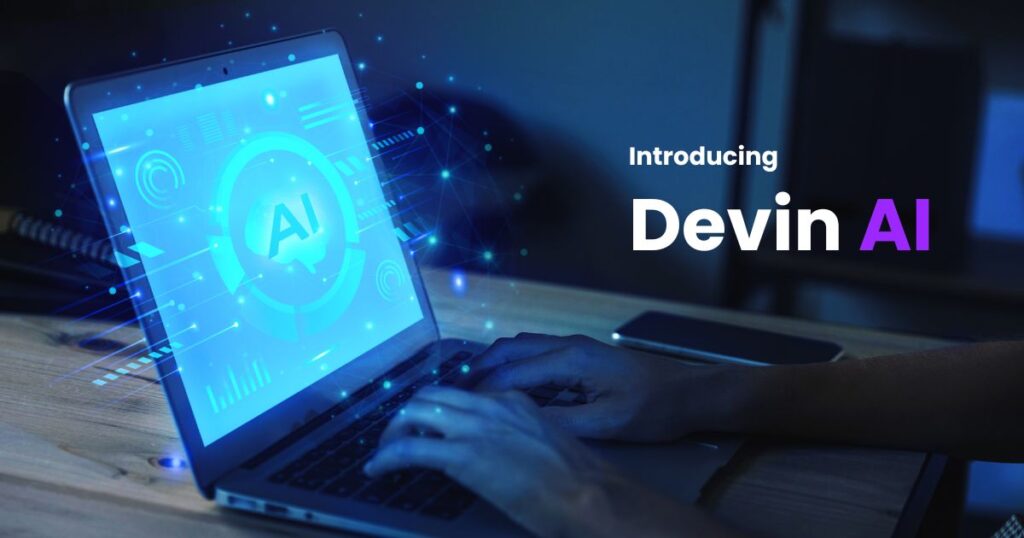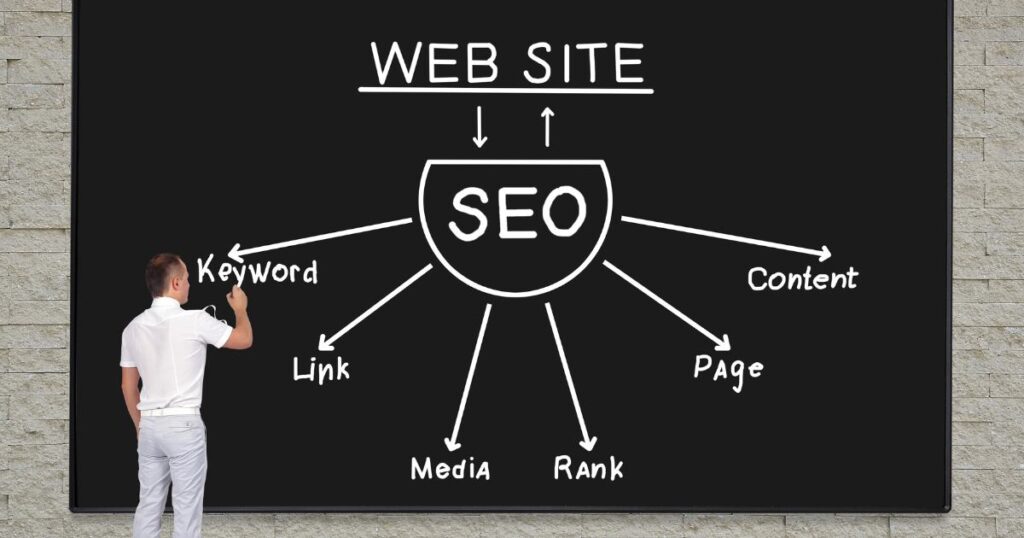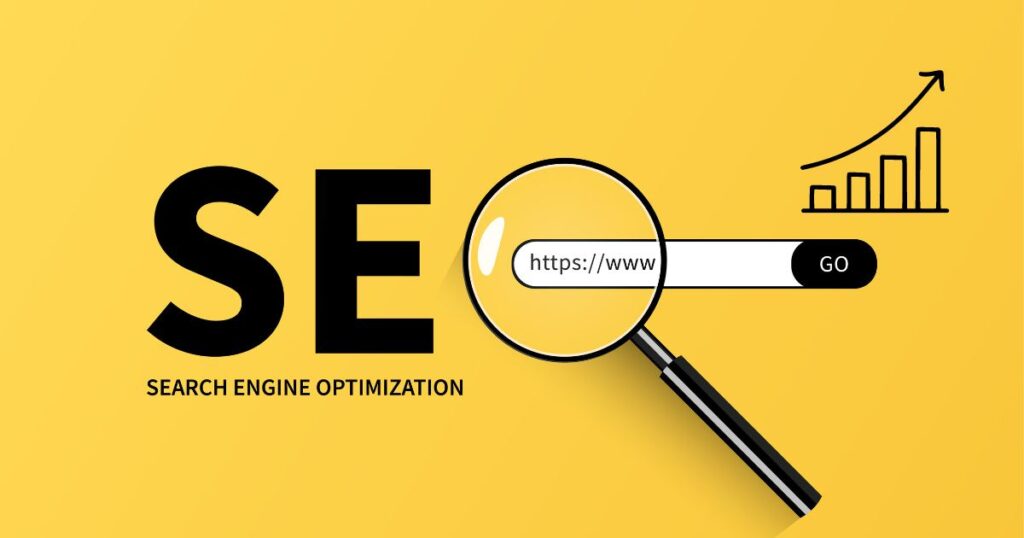AI the Future of Digital Marketing
In the ever-evolving landscape of digital marketing services, staying ahead of the curve is essential for businesses striving to capture the attention of their target audience. Artificial Intelligence (AI) has emerged as a game-changing force, transforming the way businesses approach digital marketing. This blog delves into the realm of AI in digital marketing, exploring its potential, current applications, and whether it truly is the future of this dynamic field.
The Rise of AI in Digital Marketing

Artificial Intelligence is not a futuristic concept anymore; it’s a powerful tool that has already begun to reshape digital marketing. Its rise can be attributed to several key factors:
- Data Insights and Analytics
One of the greatest strengths of AI lies in its ability to analyze vast amounts of data rapidly. With AI-powered analytics tools, digital marketers can gain deeper insights into consumer behavior, preferences, and trends. This data-driven approach enables businesses to make informed decisions and tailor their marketing strategies to better resonate with their audience.
- Personalization
AI allows for highly personalized marketing campaigns. By analyzing user data, AI algorithms can craft tailored content, product recommendations, and email marketing campaigns that speak directly to individual customers. This level of personalization increases engagement and conversion rates significantly.
- Chatbots and Customer Service
Chatbots are AI-powered tools that provide instant responses to customer inquiries. They can handle routine queries, offer product recommendations, and even simulate human-like conversations. Chatbots improve customer service efficiency and are available 24/7, ensuring a seamless user experience.
- Content Creation
AI can generate content, from product descriptions to blog posts. Natural Language Processing (NLP) algorithms have become sophisticated enough to produce high-quality, readable content. While human creativity remains invaluable, AI can assist in content generation, saving time and effort.
- Predictive Analytics
AI can predict future trends and consumer behavior based on historical data. This allows businesses to anticipate market shifts, optimize inventory management, and adjust marketing strategies accordingly.
Current Applications of AI in Digital Marketing
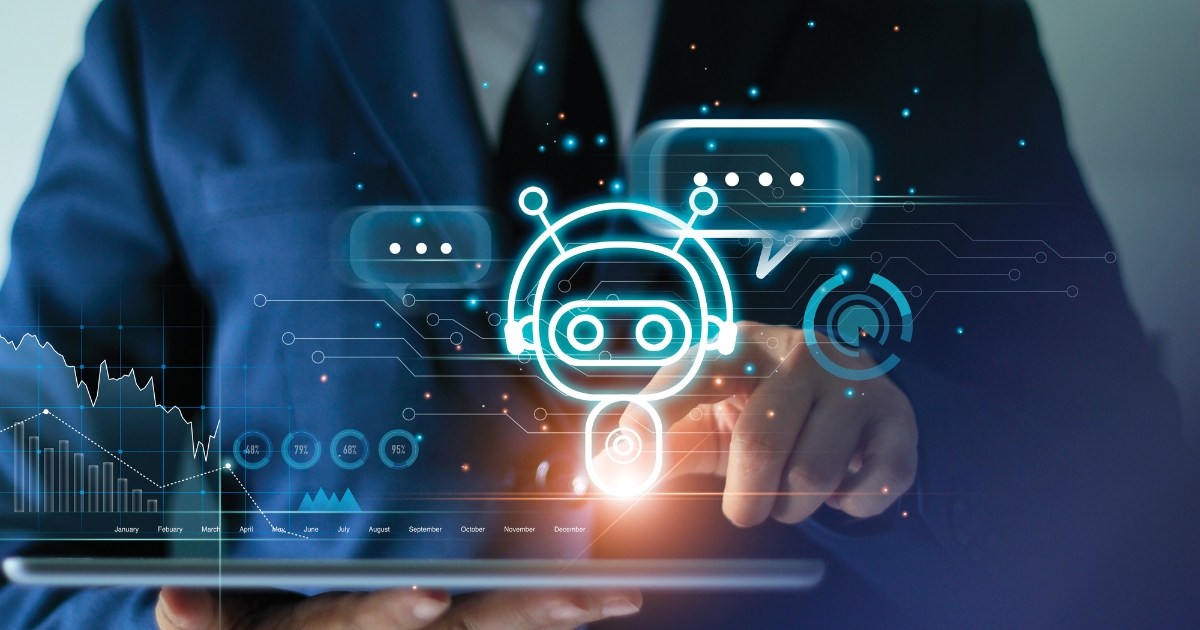
AI is not a distant promise but a tangible force in digital marketing today. Here are some of the key areas where AI is making a significant impact:
- Email Marketing: AI helps tailor email campaigns by analyzing user behavior and sending personalized content and offers to individual subscribers, increasing open and click-through rates.
- Social Media Advertising: AI algorithms analyze user data to target ads more effectively, ensuring they reach the right audience at the right time. AI can also optimize ad campaigns in real-time for better results.
- Search Engine Optimization (SEO): AI-driven tools play a crucial role in enhancing website visibility and search engine rankings through various techniques, including keyword research, content optimization, and link-building strategies. These tools are instrumental in supporting the efforts of expert SEO services to improve a website’s online presence and achieve higher rankings on search engine results pages (SERPs).
- Content Recommendations: Streaming platforms like Netflix and content websites like Amazon use AI to suggest personalized content to users based on their viewing or reading history.
- Chatbots: AI-powered chatbots offer immediate assistance to website visitors, answer frequently asked questions, and guide users through the sales funnel.
- Predictive Analytics: AI predicts future customer behavior, helping businesses make data-driven decisions about marketing budgets, inventory, and product launches.
The Future of AI in Digital Marketing

While AI has already made a substantial impact on digital marketing, its role is poised to expand even further. Here’s why AI is considered the future of digital marketing:
- Enhanced Customer Experiences
As AI becomes more sophisticated, it will enable businesses to provide even more personalized and immersive customer experiences. Virtual reality (VR) and augmented reality (AR) technologies, often driven by AI, will allow customers to interact with products and services in entirely new ways.
- Improved Data Security
AI plays a vital role in identifying and mitigating cybersecurity threats. By analyzing network traffic and identifying abnormal patterns, AI can help protect businesses and customer data from cyberattacks, ensuring trust and confidence in online interactions.
- Voice Search and Smart Assistants
Voice search is on the rise, with devices like Amazon’s Alexa and Apple’s Siri becoming integral parts of daily life. AI-powered voice recognition and natural language processing will reshape SEO and content strategies to cater to voice search queries.
- Automated Advertising
AI will continue to evolve in the field of programmatic advertising, automating the buying of ads and optimizing campaigns for maximum ROI. This will make advertising more efficient and cost-effective.
- Hyper-Personalization
The level of personalization AI can offer will become even more precise, potentially reaching a point where each user experiences a unique website, product offering, or ad campaign based on their individual preferences and behaviors.
- Data Privacy and Ethics
As AI plays a more significant role in digital marketing, ethical considerations surrounding data privacy will become increasingly important. Striking the right balance between personalization and respecting user privacy will be a challenge that businesses must navigate.
Challenges and Considerations

While the future of AI in digital marketing is promising, it’s not without its challenges and considerations:
- Data Privacy: Stricter data privacy regulations, such as GDPR and CCPA, require businesses to handle user data responsibly. AI must be used in compliance with these laws to avoid legal repercussions.
- Quality Control: While AI can generate content, it may lack the creativity and nuance of human-generated content. Maintaining quality and authenticity is crucial.
- Cost: Implementing AI in digital marketing can be expensive, especially for small businesses. Careful budgeting and consideration of ROI are essential.
- Adaptation: The fast pace of AI development means that businesses must be adaptable and willing to embrace new technologies and strategies continually.
In Conclusion
AI is undeniably the future of digital marketing. Its ability to process vast amounts of data, provide hyper-personalization, and optimize marketing efforts is already changing the game. As technology advances, AI will continue to shape the industry, offering businesses new ways to engage with customers and gain a competitive edge. To succeed in the digital marketing landscape of tomorrow, companies must be prepared to harness the power of AI and adapt to the evolving digital landscape. It’s not a question of whether AI is the future of digital marketing; it’s a matter of how businesses will embrace and leverage its potential to thrive in a rapidly changing digital world.


